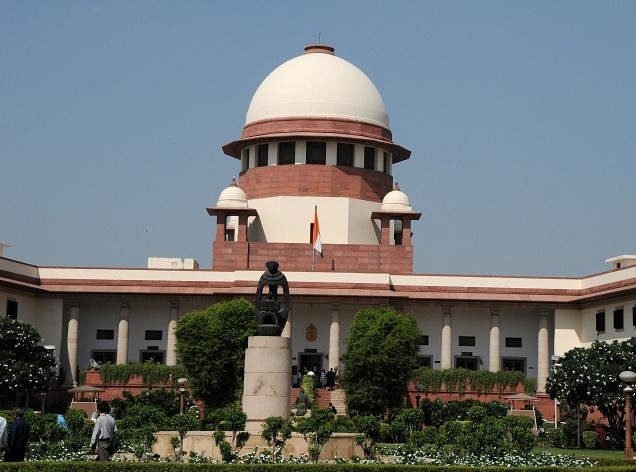
Diesel Vehicles Ban: The SC Is Again Encroaching On Executive Terrain
Anti-pollution activists will surely welcome the Supreme Court’s decision today (16 December) to ban the registration of high-end SUVs in the National Capital Territory from 1 January to 31 March and raise the green cess on commercial vehicles to 100 percent. Non-CNG taxis will be banned after 31 March, and commercial vehicles registered before 2005 will not be able to enter the national capital.
The problem with this decision is not the intent or the content – all of them can be justified – but the fact that the Supreme Court is muscling into more and more areas of executive action. In the process, it is also becoming a player in the policy-making game, introducing a new uncertainty to the business environment.
This is not to say that governments – at centre and state – have been proactive about dealing with pollution in the metros, but is that a good enough reason for the courts to start making the law?
How is it right for the court to penalise diesel vehicle makers – even assuming the ban applies only to SUVs above 2000 CCs – when they have done nothing to deserve the ban or broken any extant law? To say that SUVs are basically used by the rich is no reason to think the axe can fall on them selectively. This is nothing but populism masquerading as judicial wisdom. The court’s job is to interpret the law, not decide policy, even assuming it is favourable or unfavourable to the rich. It can nudge governments to act, and haul it over the coals for not implementing existing laws on pollution, but it cannot make new laws.
Then again, is it right for the Supreme Court to get into the area of taxation – as it has done by increasing the green cess? The cess may be a very good one to have, but that does not mean it is the court’s job to impose a cess. At best, it can urge the government to act on this front.
In recent years, the Supreme Court has waded far beyond its basic role of interpreting the law by deciding to chase black money, ordering a ban on the use of politicians’ photographs in government ads, taking an activist role in the inter-linking of rivers and in the cleaning of the Ganga. The list goes on and on.
The issue is not the desirability of these court-mandated measures, which will surely be welcomed by ordinary citizens, who tend to have a simplistic view of what is constitutionality right, and anyway have a poor opinion of politicians.
But if executive powers are going to be usurped like this, why bother having a government at all in the first place? The courts should run the country, having recently decided that judges will also appoint themselves, thanks to the invalidation of the National Judicial Appointments Commission.
The court needs to back off or else we are heading for a constitutional crisis where the executive, parliament and the judiciary will be encroaching on each other’s domains and making Indian ungovernable.
It is also a warning to the government: if you don’t act, the courts will take away your powers.